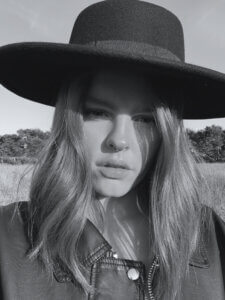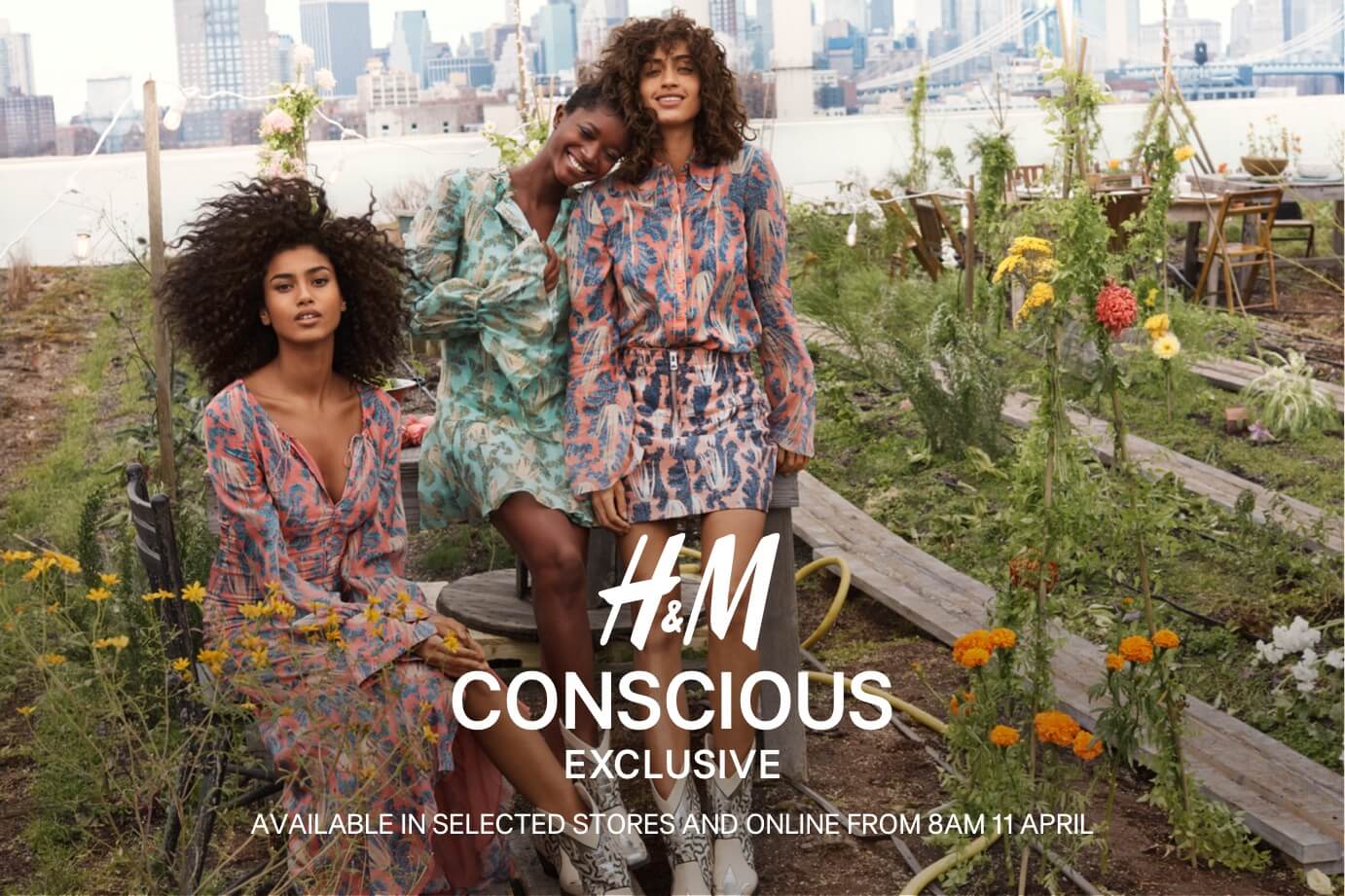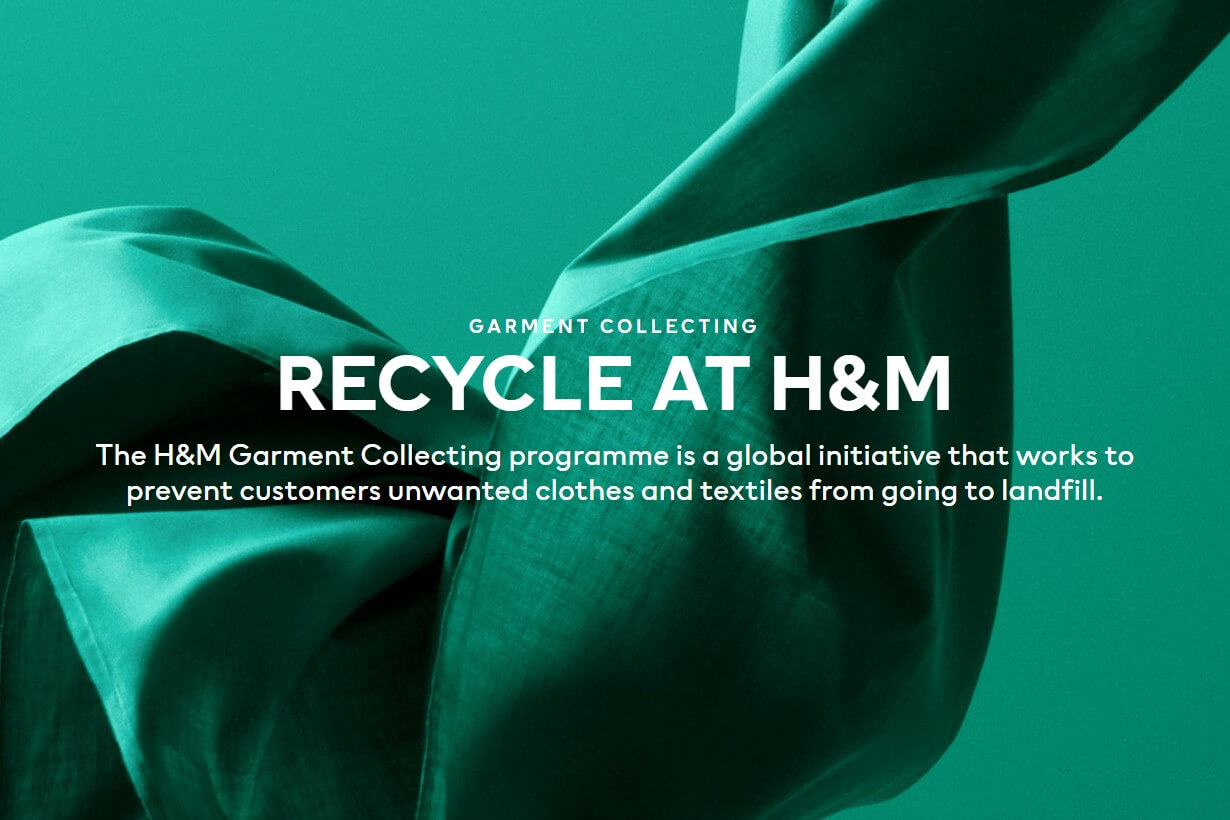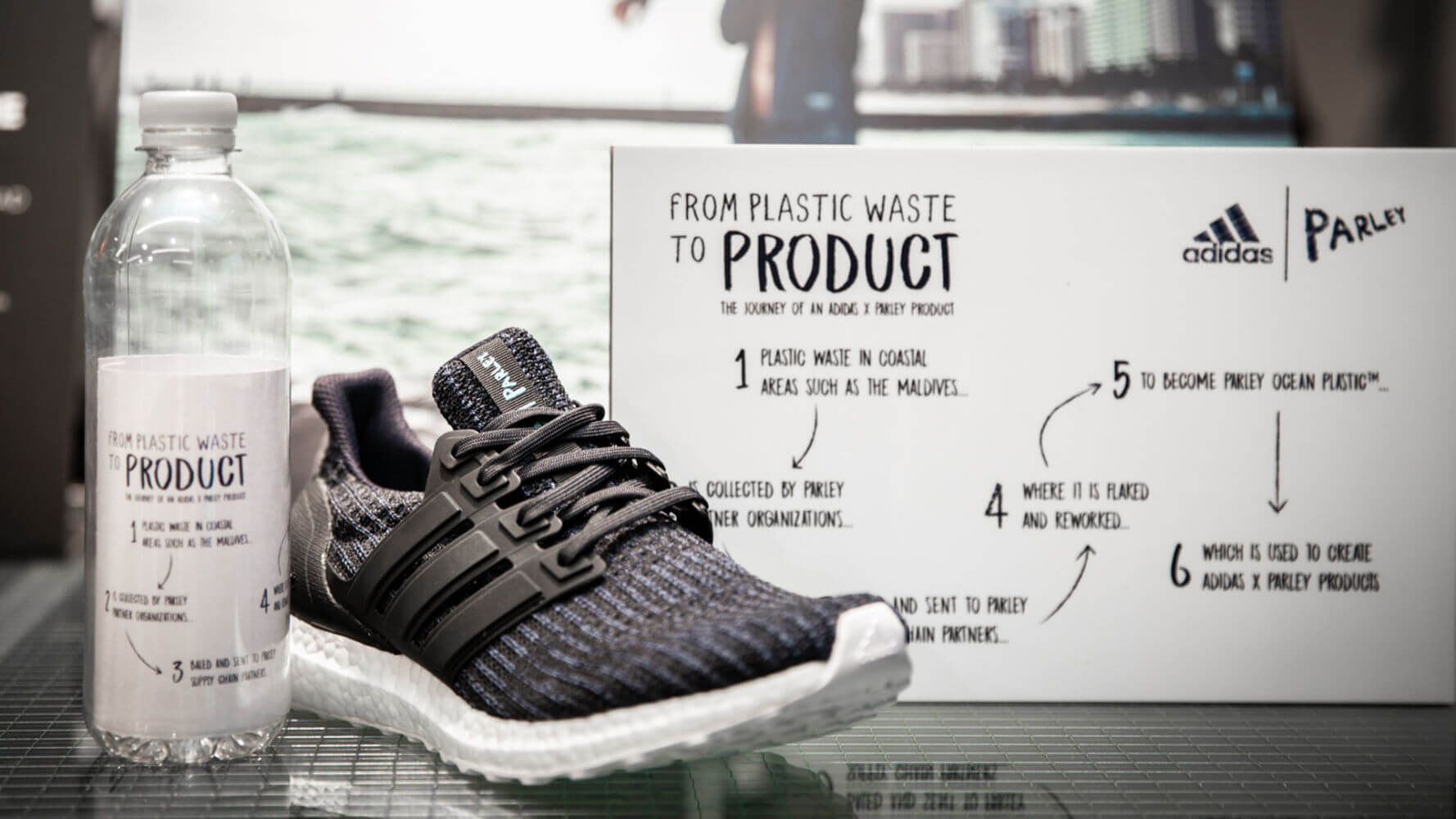
Emma Sneddon
Digital Marketing Assistant
In recent years the term sustainability has become more prominent in the conversation surrounding fashion. So, what is sustainable fashion? Sustainable fashion can be defined as a movement dedicated to changing the systems of fashion to ultimately move towards better environmental health and principles of social equity. The movement concerns more than just how garment manufacture effects the environment. It concerns the whole fashion landscape.
The sustainable fashion movement is a modern one, but the effects of agricultural chemicals on the environment can be traced back to the 1960’s. A theme which is still prevalent in the debate surrounding fashions effects on the environment today. Recent reports from the World Economic Forum state that the fashion industry is responsible for 10% of humanity’s carbon emissions and is the second-largest consumer of the world’s water supply.
Additionally, the evolution of fashion has had a drastic impact on the Earth’s domain. Since the year 2000 clothing production has increased by more than 50%, with fashion retailers making up to 52 collections a year! But, fashion brands cannot take sole responsibility for this global issue. The demand for new garments has also increased, with consumers buying around 60% more clothes. Yet, shoppers are only keeping these clothes for half as long as they used to. As a result of this up to 85% of clothing ends up in landfill each year.
However, it is evident slow fashion has been of importance to some brands and consumers over the past few years. High street retailers such as H&M have launched a Conscious Collection which is made from recycled fabrics and the high-street has also seen a rise in vintage and thrift store shopping from consumers. Nonetheless, there is nothing like a worldwide pandemic to point brands in the right direction. With the world in lockdown it gave brands time to reassess their process, from fabric sourcing to the number of collections they manufacture. It seems 2021 will be an important year for the slow fashion movement.


As 2020 drew to a close Vogue reported that an increasing number of designers are working to reduce their carbon footprint. Instead of a Spring/Summer 2021 Fashion Week show Marques Almeida used this time to launch a fashion film and a detailed social and environmental manifesto. The manifesto outlined a totally new process of making and selling clothes. Moreover, brands are also looking at how they can design collections from new, and more eco friendly, materials. As part of their ‘Made to be Remade’ project Adidas unveiled a fully recyclable sustainable running shoe. Another notable project in the fight towards sustainable fashion involves production platform Supply Compass and the Woolmark Company. The two companies joined together to encourage fashion brands to produce more sustainable wool collections. The initiative gives brands access to manufacturers that offer sustainable practices and environmental leadership.

It is clear the fashion landscape is changing and in 2021 it is our responsibility, as consumers, to be more conscious of the effects our fashion consumption. And, we can also help in other areas. If you are thinking of a career in fashion sustainability is shaping the future of fashion jobs. As the demand for sustainable materials increases there are new opportunities for Bioengineers, Textile Chemists and Agricultural Consultants within the industry. Similarly, as fashion brands alter their supply chain to cater for slow fashion there is a new call for Supply Chain Managers, Authentication Experts and Sustainability Managers – whose role is to oversee and assess the brands environmental impact. Lastly, fashion technology jobs are also on the horizon for 2021. Data Scientists are needed to bring slow fashion into mainstream conversation and Customer Service Experts are needed to build authentic connections with consumers – as brand transparency is vital, now more than ever.
To sum up, sustainability in fashion is an important trend for 2021, and we are sure many years to come. As fashion brands become more aware of their carbon footprint there is a desire to adapt and be more eco-responsible . This increase in innovative methods calls for new and collaborative job roles. It is clear the fashion landscape for 2021 will offer up many new opportunities. Want to try do your part? Check out our recent blog post: ‘7 Ways to Make Your Wardrobe more Sustainable‘.
